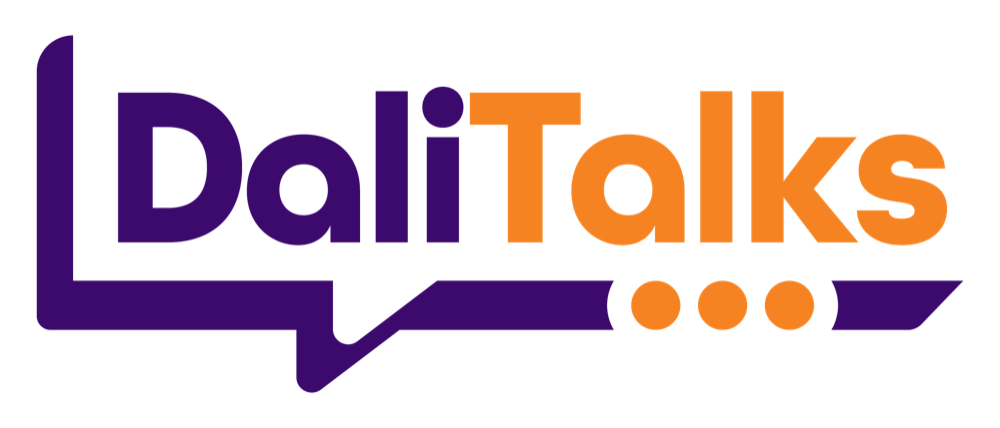What Is Digital Citizenship?

Being a good digital citizen means that an online user has the knowledge and skills necessary to use digital tech for communication, participation in society, and the creation and consumption of digital content.
Before we allow children to use the internet, it is our responsibility to educate them to be savvy online users so that they don’t become part of the problem. We see a lot of cyberbullying, invasion of privacy, and a lot of oversharing of private information online that puts children and others in danger.
Here is a list of examples highlighting the traits and behaviors of a good digital citizen:
- Respecting Others: Treat others online with kindness, empathy, and respect, just as you would in face-to-face interactions.
- Practicing Responsible Posting: Be mindful of the content you share online, considering the potential impact on others and the reputation of yourself and others involved.
- Protecting Privacy: Respecting the privacy of others by not sharing personal information without their consent and being cautious about what personal information you share about yourself.
- Using Appropriate Language: Communicating online using language that is respectful, constructive, and free from offensive or derogatory remarks.
- Giving Credit and Citing Sources: Acknowledging and properly attributing the work of others when using or sharing content found online, such as images, articles, or quotes.
- Being Mindful of Online Footprint: Recognizing that what you post online can have a long-lasting impact. Considering the potential consequences before posting anything that may reflect negatively on yourself or others.
- Reporting and Addressing Issues: Taking a stand against cyberbullying, harassment, or inappropriate behavior by reporting incidents to the relevant authorities or platform administrators. Supporting others who may be targeted by offering help and reassurance.
- Practicing Digital Literacy: Developing critical thinking skills to evaluate the credibility and reliability of online information, avoiding the spread of misinformation or engaging in online scams.
- Balancing Screen Time: Maintaining a healthy balance between online activities and offline pursuits, such as hobbies, physical activities, and spending quality time with family and friends.
- Being an Upstander: Standing up for others who may be experiencing cyberbullying or online harassment, offering support, and promoting a positive and inclusive online community.
- Respecting Copyright: Respecting intellectual property rights by not plagiarizing or using copyrighted material without permission, and seeking proper licenses or attributions when necessary.
- Practicing Cybersecurity: Taking necessary measures to protect personal information and devices, such as using strong and unique passwords, enabling two-factor authentication, and keeping software and antivirus programs up to date.
Remember, being a good digital citizen involves being mindful of your actions and how they impact others in the online world. By practicing these principles, you can contribute to a safer, more respectful, and more positive digital environment.

